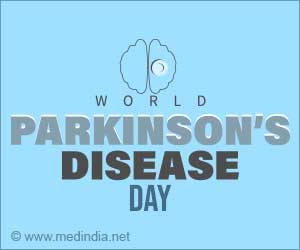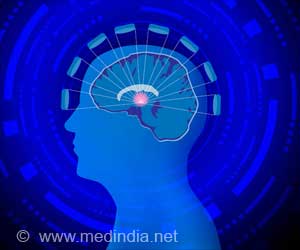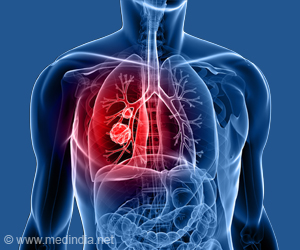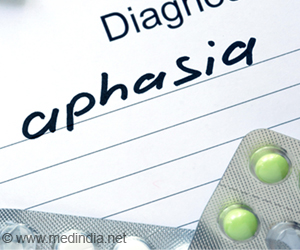A recent study shows how progesterone can have protective effects against Parkinson’s disease.
- Parkinson's disease is a neurological disease that causes unintentional or uncontrollable movements such as shaking, stiffness, and difficulties with balance and coordination
- Currently, there is no treatment for Parkinson's disease
- A new study highlights the importance of how progesterone can have protective effects against Parkinson's disease
Progesterone: A Neuroprotective Steroid of the Intestine
Go to source).
Their discoveries give up new avenues for the development of novel neuroprotective treatment approaches for disorders including Parkinson's and Alzheimer's. The findings were reported in the journal Cells.
The Enteric Nervous System: Our second brain
The enteric nervous system (ENS) is a complicated network that runs the length of the digestive tract. It has roughly 100 million nerve cells, governs digestion processes autonomously, and is commonly referred to as the human second brain.However, its role extends well beyond digestion. According to recent studies, the ENS connects closely with the central nervous system (CNS), which includes the brain and spinal cord.
"The communication between the ENS and the CNS is currently associated with the pathogenesis of various neurological diseases such as Parkinson's disease and Alzheimer's disease, as well as depression," explains Professor Carsten Theiß, Head of the Department of Cytology at Ruhr University Bochum. The gut-brain axis is not a one-way street; both nervous systems influence each other.
Linking Diet and Parkinson’s Disease
The dietary habits of a person have a direct impact on the intestinal microbiota, which interacts with the ENS. According to research, the composition of microbiome can also affect the CNS via the gut-brain axis, particularly the vagus nerve, and cause disorders like Parkinson's disease.A well-balanced diet can thus not only help to preserve nerve cells in the intestine, but it can also help to postpone or even prevent Parkinson's disease for many years.
How Progesterone Can Have a Protective Effect
Paula Neufeld and Lennart Stegemann, medical doctoral students, have now convincingly established a protective impact of the natural steroid hormone progesterone on ENS nerve cells.In a series of tests, the researchers cultured nerve cells from the ENS for several weeks before treating them with a cell toxin to mimic hazardous conditions akin to Parkinson's disease.
They discovered that nerve cells that were also given progesterone died at a far lower rate than the untreated ones.
Paula Neufeld points out the significance of their discovery: "Our research provides important insights to complete our basic knowledge about the role of progesterone receptors in the enteric nervous system. This opens up completely new avenues for studying the neuroprotective mechanisms of action of progesterone inside and outside the intestinal tract."
Lennart Stegemann adds that "this study could potentially pave the way for new steroid hormone-based therapeutic approaches. There is also hope that steroid-based therapeutic approaches could help to slow down or even stop neurodegenerative diseases."
Reference:
- Progesterone: A Neuroprotective Steroid of the Intestine - (https://pubmed.ncbi.nlm.nih.gov/37190115/)
Source-Medindia













